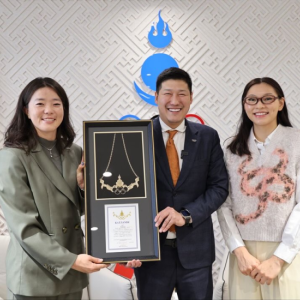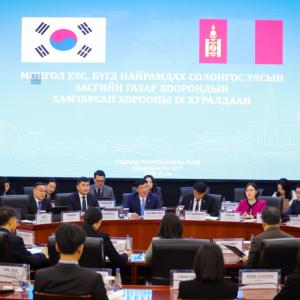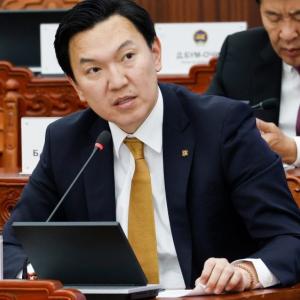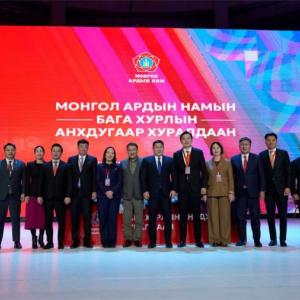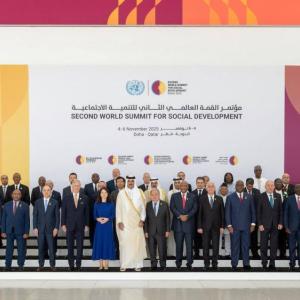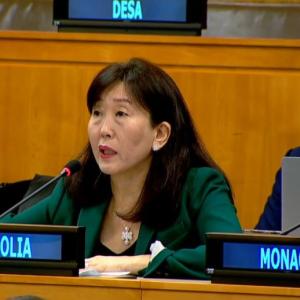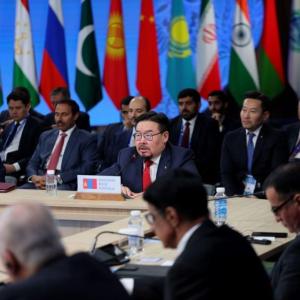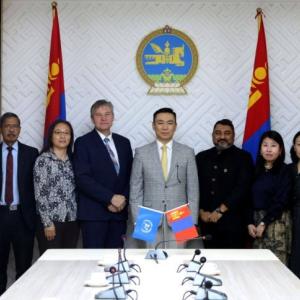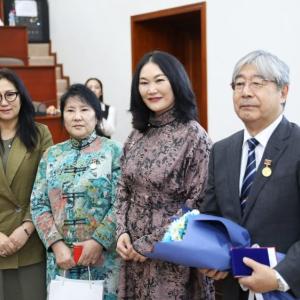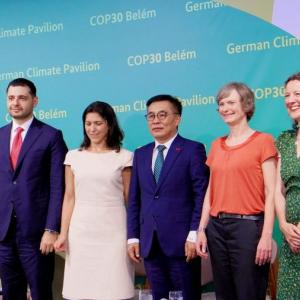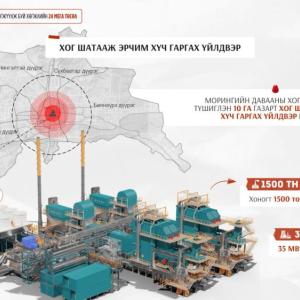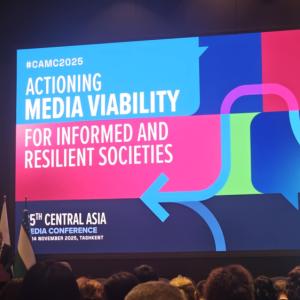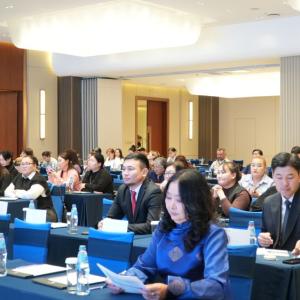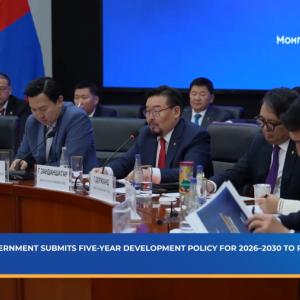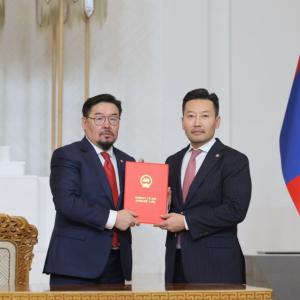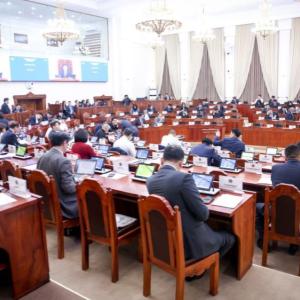N. Batsaikhan: Green Taxonomy—Shared Language for Nations to Communicate Effectively
Politics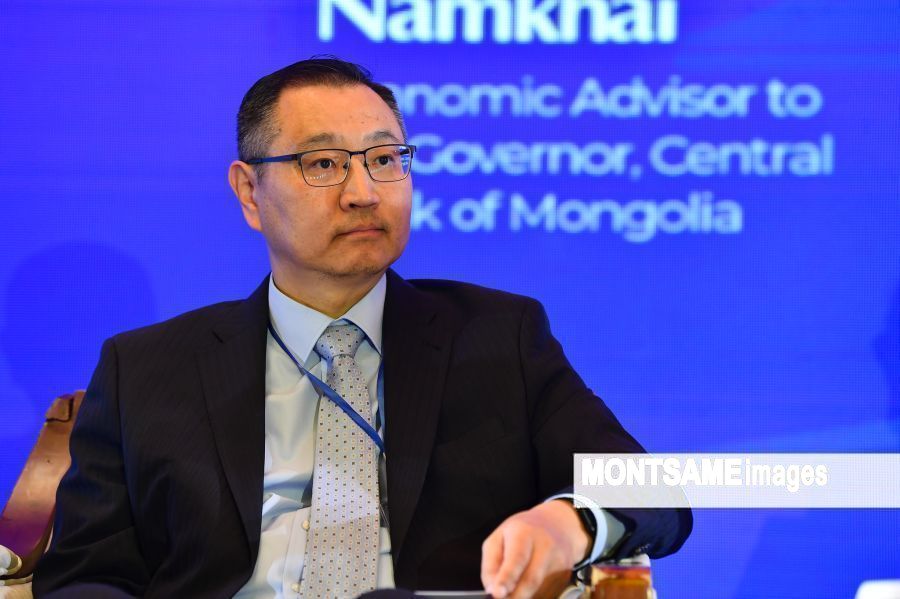
Ulaanbaatar, June 16, 2023 /MONTSAME/. The Office of the President of Mongolia, in collaboration with the Mongolian Sustainable Finance Association, China Institute of Finance and Sustainability, International Finance Corporation, International Sustainable Banking and Finance Association, and the Trade and Development Bank, is hosting the "Green Finance - International Forum." As part of this groundbreaking event, we engaged in a captivating conversation with N. Batsaikhan, Economic Advisor to the Governor of the Bank of Mongolia.
- You worked as a moderator
of the discussion " Enhancing interoperability of green and sustainable
finance taxonomies”. Why is taxonomy so important?
In the face of
mounting global challenges, such as climate change, it has become evident that
urgent action is required. Consequently, the concept of green financing has
emerged as a vital instrument in combatting global warming and reducing
greenhouse gas emissions. Central to this concept is the idea of green
taxonomy—a shared language for nations to communicate effectively. During our
thought-provoking discussion, it became apparent that each country has its own
distinct taxonomy. This divergence arises from varying initial data sets and
unique contextual factors, such as geographical location, level of development,
and income disparities. Consequently, nations have developed their own
taxonomies to reflect their specific circumstances. Remarkably, there exist
over 200 distinct taxonomies worldwide, which highlights the inherent
complexity of translating and harmonizing these diverse systems.
Therefore, today's
discussion revolved around identifying potential solutions to the aforementioned
issue. One viable option is to have universally accepted fundamental principles
by each country. Within this framework, it was proposed that countries could
incorporate their specific challenges while adhering to the fundamental
principles. This option might be further discussed. The determination of
whether a product or activity qualifies as "green" in the issuance of
green bonds and green loans relies on taxonomy. That’s why all parties have
been giving significant importance.
Mongolia has
implemented green taxonomy for several years. Within this established
framework, relevant goals have been proposed, including those outlined in the
"One Billion Trees" national campaign initiated by the President of
Mongolia, the "Vision-2050" plan, and the "New Revival
Policy" put forth by the Government. Additionally, Mongolia aligns with
the 17 Sustainable Development Goals proposed by the United Nations. It may not
be possible to fulfill all goals at once, however, we have expanded the green
taxonomy, identified categories essential to society, and approved Mongolia SDG
Finance Taxonomy with aim to provide clarity to investors and bond issuers.
-As I understand,
before this concept solely referred to the financial sector, correct?
- Yes, that is
correct. Now, four additional sectors have been included: health, education,
energy, and information technology. This expansion enables us to present
investment opportunities in these sectors as well. It is our responsibility to
preserve a sustainable planet for future generations. Approving the SDG finance
taxonomy means that we have now clear guidelines for green investments. As a
result, our discussion topics will be changed as what environmentally friendly
projects have been implemented with the allocated funds and how much reduction
has been seen in greenhouse gas emissions, etc. Presently, the Bank of Mongolia
provides certain percentage discounts for projects that adhere to green
taxonomy. If banks provide loans for non-green projects, they will forfeit
these incentives. This serves as an additional incentive for banks to exercise
caution and fulfill their social responsibility without any errors.
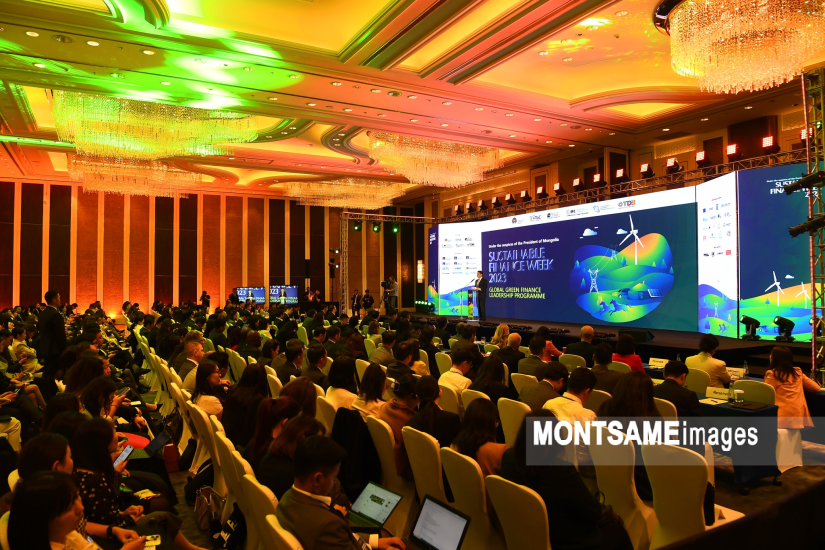
 Ulaanbaatar
Ulaanbaatar









